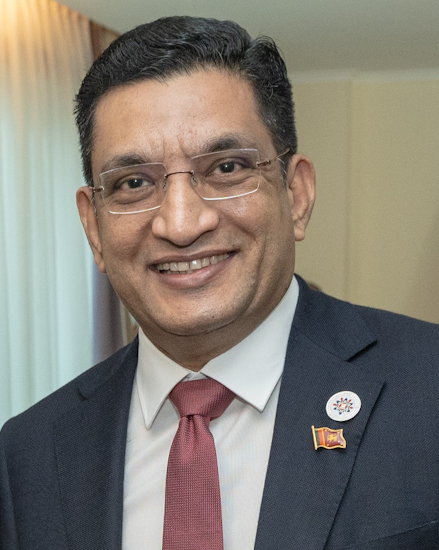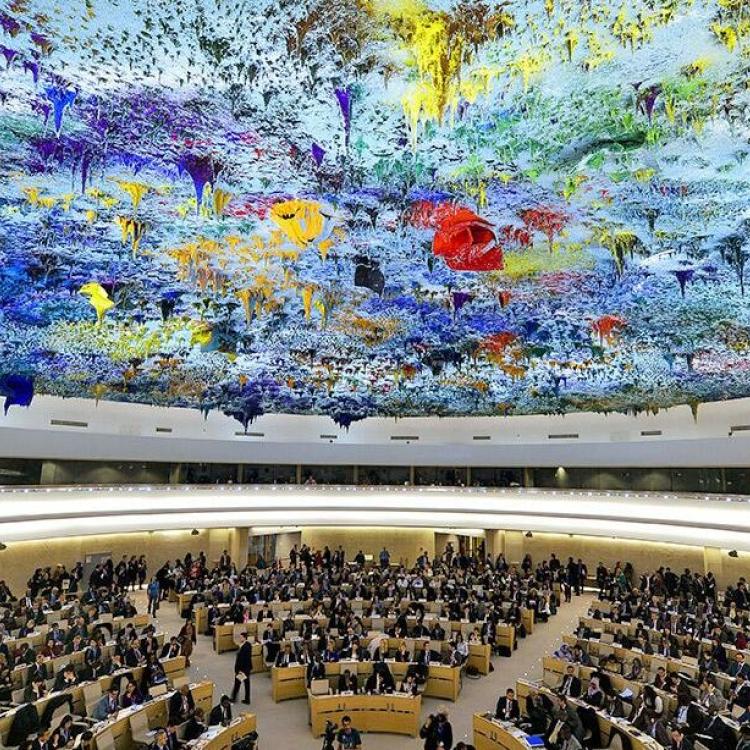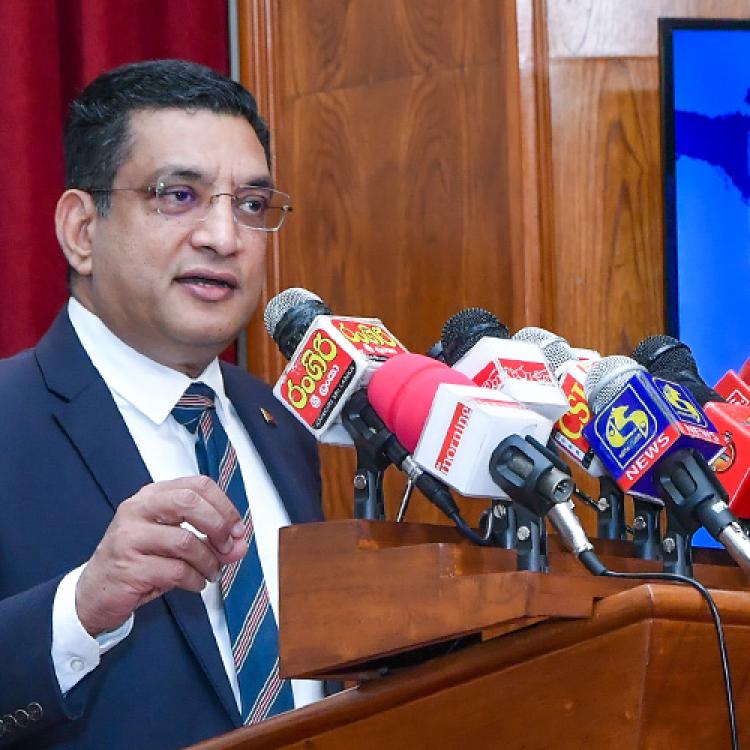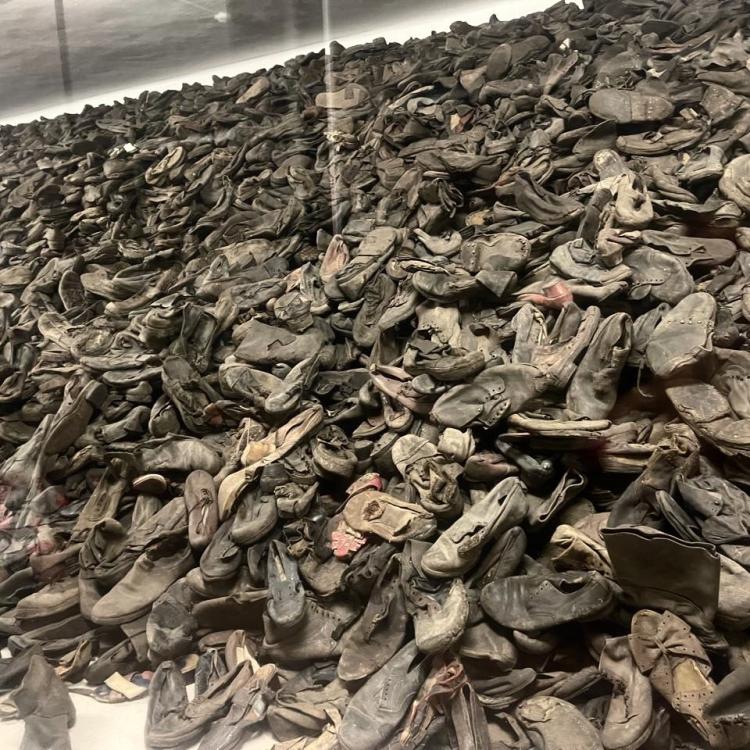
Sri Lanka's foreign minister Ali Sabry assured the Sri Lankan Parliament that the proposed Truth Unity and Reconciliation Commission (TURC) is merely to ward off 'foreign interference' and reiterated how it would not be used to prosecute "war heroes".

Image from Wikipedia
Sri Lanka's foreign minister Ali Sabry assured the Sri Lankan Parliament that the proposed Truth Unity and Reconciliation Commission (TURC) is merely to ward off 'foreign interference' and reiterated how it would not be used to prosecute "war heroes".
A clip of Sabry's address on the TURC in Parliament, shows the foreign minister explaining that the commission is to ward off "foreign intereference" as he contrasts it to the evidence gathering mechanism currently underway at the Office of the High Commissioner for Human Rights (OHCHR) in Geneva.
Sabry states in his speech that the government has "categorically opposed" this UN mechanism. He instead says that domestic mechanisms such as the TURC mean "there is no need to meddle in a foreign country" and that it would "prevent foreign interference".
#SriLanka’s foreign minister @alisabrypc assures @ParliamentLK that the proposed Truth, Unity and Reconciliation Commission (TURC) is none other than a domestic mechanism to ward off foreign interference in alleged war crimes, and confirm continued impunity granted over the years pic.twitter.com/7NRvmXXaxt
— LankaFiles (@lankafiles) September 4, 2024
In his speech, Sabry states that if such domestic mechanism is not done, "it will be said that those victims have nowhere to go", as he justifies the proposed TURC to the Sri Lankan parliament as a method of appeasing some Tamils. He emphasises that "no one has been granted the power to punish", referring to accused war criminals and confirming their persistent impunity in Sri Lanka.
Sabry explains that the TURC has "not been accepted by Tamil parties" due to this, in an effort to assauge his fellow Sri Lankan parliamentarians' fears over the mechanism.
"If we are taking war heroes to the chopping block, they [Tamil parties] would rally in support. Neither they nor you [Sinhalese parties] accept," he said.
Tamil political parties, civil society organisations and victims, including families of the disappeared, have for years demanded an international accountablity mechanism and for Sri Lanka to be referred to the International Criminal Court.
That has not happened so far. Sri Lanka is back on the agenda at the UN Human RIghts Council this month, where further options for advancing accountability are due to be discussed.



